5 Things You Can Do to Reduce Food Waste in Ramadan
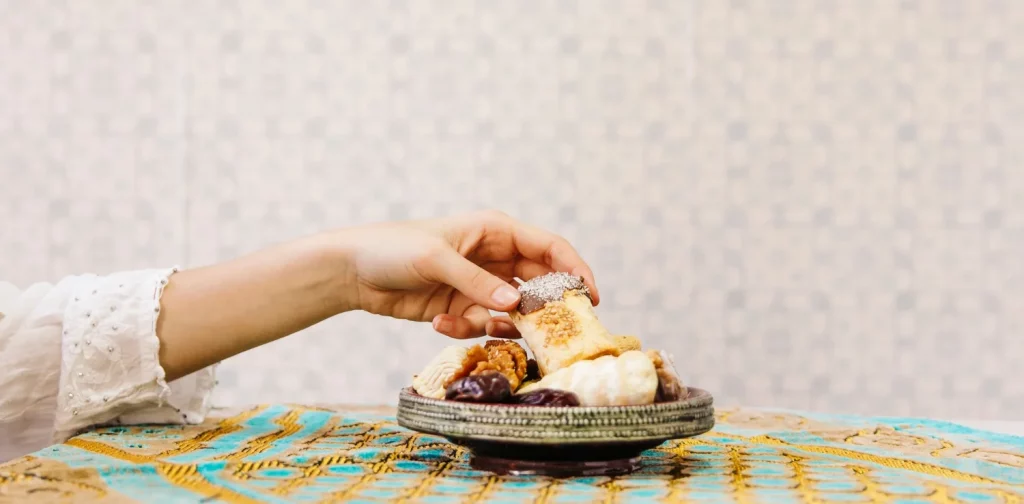
Photo: Freepik.
Logically, fasting means less food across the board. Yet, reality begs to differ. In the holy month of Ramadan, when Muslims worldwide fast from dawn until dusk, more food is wasted than usual. The holy month could be the perfect time to start practicing a more sustainable lifestyle that’s also more cost-effective. One way you can begin is by reducing food waste in Ramadan.
Besides being wasteful, discarding food is also harmful to the planet. Food loss & waste contribute to four times more greenhouse gas emissions than plane flights in a year. Hence, halving food waste and reducing food loss is Target 12.3 of the Global Goals.
Food Waste in Ramadan
Ramadan is a holy month for Muslims. It is generally recognized as a fasting month, meaning no food or drink from dawn until sunset when they break their fast (iftar). Furthermore, Ramadan is also a time for restraint, discipline, and spirituality. This period ends with Eid Al-Fitr, a celebration of a new start.
However, somewhere along the line, Ramadan has shifted culturally. Ramadan and Eid Al-Fitr have become time to have feasts for some. This leads to a significant increase in food waste during Ramadan, a trend that has persisted for years.
In ‘The State of Food Waste in West Asia 2021’, the UN Environment Programme reported that around 25-50% of the food prepared in the Arab world during Ramadan was wasted. This number was higher than usual. Nawal Al Ruwaihi from the UAE Ministry of Climate Change and Environment said, “Sadly, in the UAE, Ramadan sees a 50 percent increase in wasted food compared to other months.”
This condition echoes globally in other Muslim-majority countries. For instance, there is a 15-20% increase in food waste in Ramadan in Malaysia.
Reduce Food Waste at Home
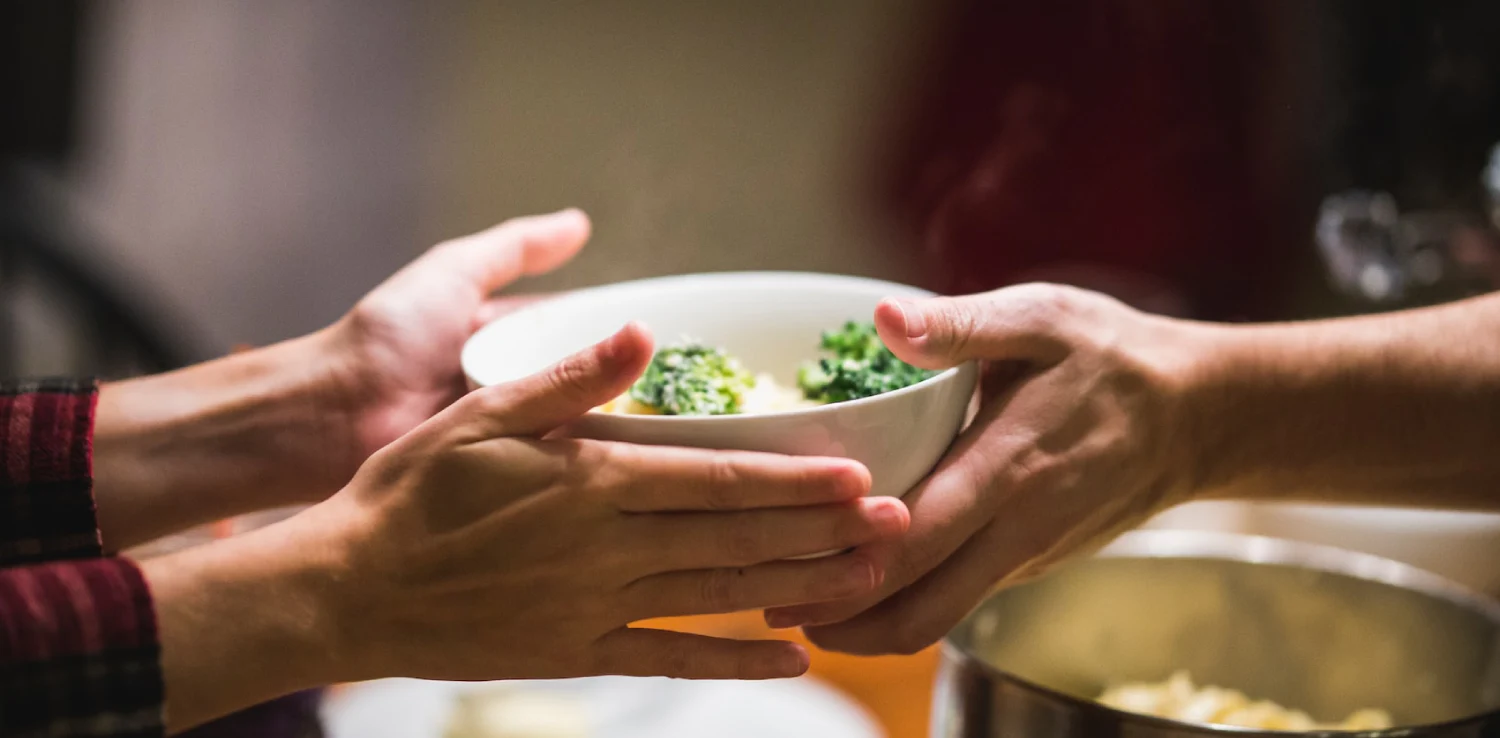
According to the Food Waste Index Report 2019, 61% of food waste comes from households. So, what you change at home can have a significant impact, and Ramadan might be the perfect time to try.
While meaningfully and systemically changing consumers’ behavior requires interventions from all stakeholders, there are things you can do to reduce food waste in Ramadan. Here are some of them:
- Don’t Shop Hungry
Your eyes are often bigger than your stomach, especially when you’re hungry. Grocery or food shopping when you’re hungry tends to make you buy more than you can finish before going bad. If you can, shop at night after iftar or early morning. Another option is to prepare a shopping list when you’re full and shop whenever you can by sticking to your list.
- Modest is Best
In Islamic teachings, nothing says Ramadan meals must be grander than your regular meals. Instead, it’s a time to learn to be more empathetic toward the less fortunate, the poor and the hungry. Rethink what Ramadan means to you. Then, you’ll realize that in Ramadan, you can eat what you usually eat in other months and start living more modestly, more sustainably. Plus, you would save money this way.
- Store Food Properly
Meal planning can be simple, but it isn’t for everyone. If you prefer to keep raw ingredients and fresh produce for spontaneity, you need to learn how to store them properly. Be mindful of where you store certain items: the refrigerator, the pantry, or the freezer. How you keep them also matters. For most, airtight containers are preferable. You should also opt for reusable containers over single-use plastics when possible.
- Get Creative with What You Have
Check your inventory regularly. Before you shop, you should know what you have so you don’t overbuy. It’s also important to know your labels – ‘best before’, ‘expired by’, and ‘use-by’ mean different things. Sometimes, your senses (sight, smell, and taste) will tell you best if your food is still okay. Then, use what’s about to go bad first. You can also get creative with your leftovers for iftar or suhoor (pre-dawn meal) the next day.
- Sharing is Saving
In Ramadan when you want to maximize your good deeds, sharing is especially encouraged. Moreover, sharing can also mean saving your food from going to waste. If you buy and cook more food than you need, give the surplus to your friends, neighbors, or those in need. Ramadan is also a month of giving and sharing, though helping save the planet is a good bonus.
Thank you for reading!
If you find this content useful, join GNA-International Annual Individual Membership and gain unlimited online access to all news and stories, including Exclusive Content that showcases sustainable development and sustainability cross-sectoral insights from multi-stakeholders in governments, businesses, and civil society in the Asia Pacific and beyond.

Nazalea Kusuma
Naz is the International Editor at Green Network Asia. She once studied Urban and Regional Planning and has lived in multiple cities across Southeast Asia. She is a passionate and experienced writer, editor, translator, and creative designer with almost a decade worth of portfolio.


 Key Growth Trends for SMEs in Asia Pacific
Key Growth Trends for SMEs in Asia Pacific 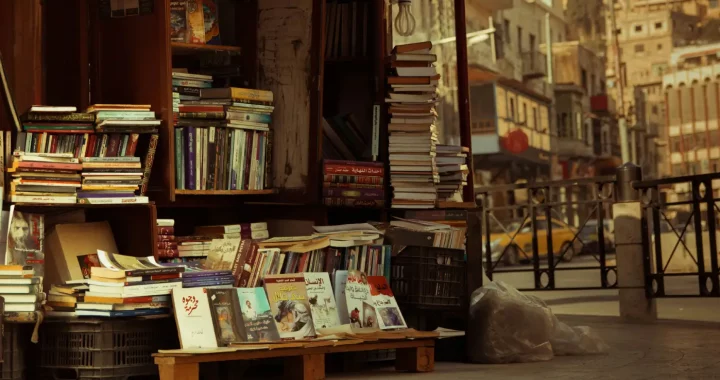 Books, Libraries, and Communities in the Time of Crisis
Books, Libraries, and Communities in the Time of Crisis  Halting Coral Bleaching Is an Urgent Matter
Halting Coral Bleaching Is an Urgent Matter 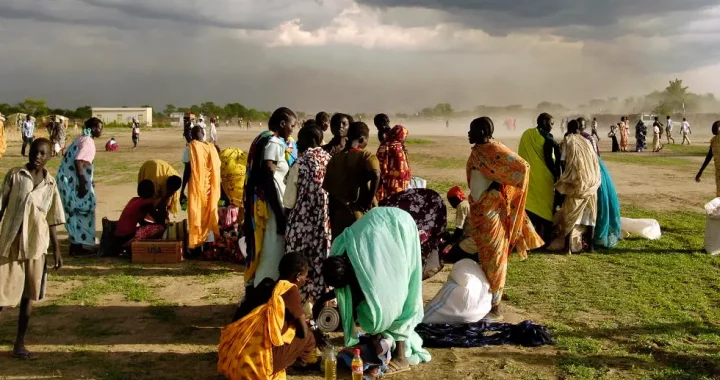 How Climate Protection is a Human Right
How Climate Protection is a Human Right  UK’s Biodiversity Net Gain Requires Development Projects to Create Positive Impact on Nature
UK’s Biodiversity Net Gain Requires Development Projects to Create Positive Impact on Nature 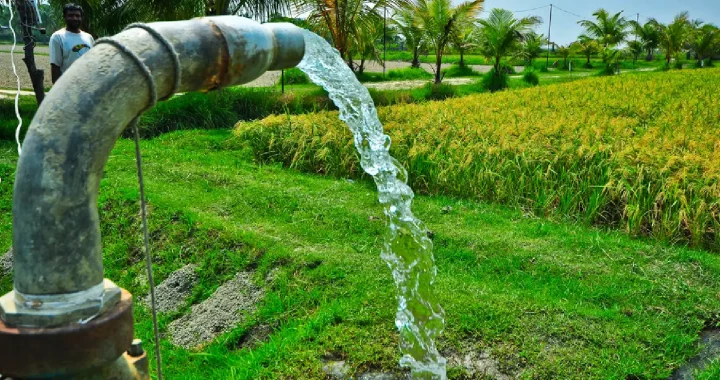 Nature-based Solutions (NbS) for Agricultural Water Management
Nature-based Solutions (NbS) for Agricultural Water Management